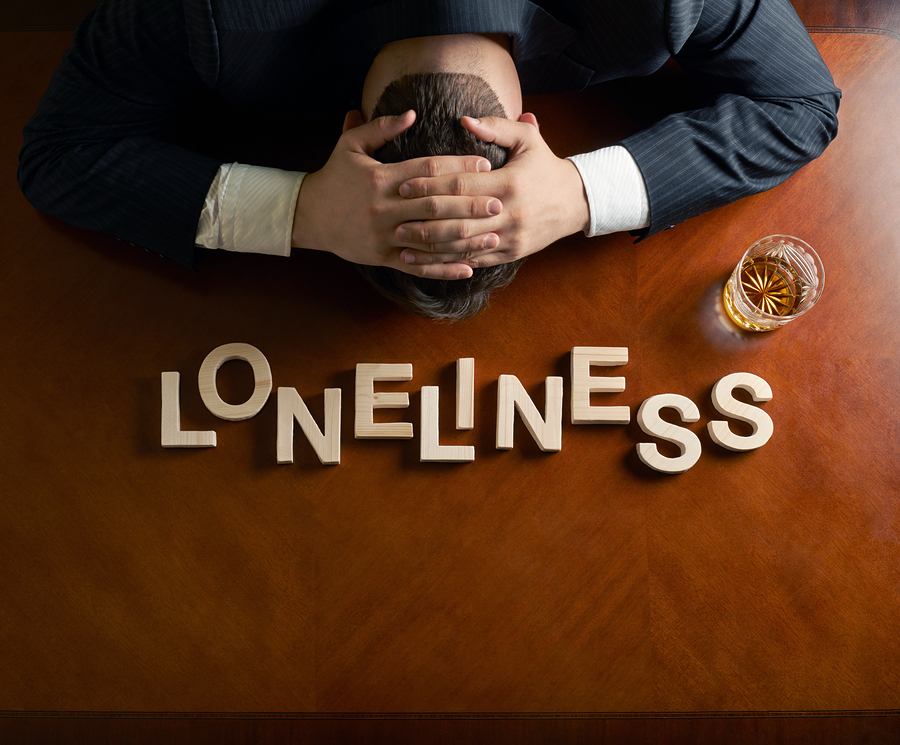Although feeling lonely is a common emotion, there are actions you can take to make yourself feel more connected. Taking a walk outside, calling a friend, listening to music, and other activities can help you feel less alone.
There are many people who are lonely, and it’s having a significant effect. Even before the COVID-19 pandemic caused an increase in psychological distress and loneliness. Over three in five Americans, according to a survey conducted in January 2020, felt lonely.
Long-term loneliness can emotionally drain you and make life seem hopeless and pointless. Physical symptoms like aches and pains, difficulty sleeping, and a weakened immune system can also result from it.
Keep in mind that social isolation is not the same as loneliness. You can be by yourself and not feel lonely. Even when you are surrounded by other people, loneliness can still exist.
When you feel lonely, you are actually socially isolated because you aren’t having regular interactions with other people.
These are some suggestions can assist you in navigating loneliness when it seems impossible to get rid of the feeling.
- Redefine it
It might be simpler to deal with loneliness if we take a different look at what it means to be alone. When your needs for human connection and social interaction are not met, loneliness results.
This doesn’t occur at the same point for everyone because different people have different needs in terms of interaction. For instance:
- Even one weekly interaction with friends or family can make you feel lonely if you spend the majority of your nights with them.
- If you prefer being alone, seeing one friend once a week might be more than enough to satisfy you.
- Even if you have many close friends, coming home to an empty house can make you feel lonely.
- Even if you spend a lot of time together with a live-in partner, you might feel lonely.
The majority of people need close relationships to thrive. Despite this, research points to the value of some solitude or quality alone time. Opportunities for self-reflection, original thought, and self-discovery arise in solitude.
Greater mindfulness can be cultivated through alone time, which may help lessen anxiety and depression.
- Demonstrate gratitude
When you’re lonely, it can be challenging to see the good things in your life, but taking a few minutes each day to practice gratitude may make you feel better.
Thinking of a small pleasure you recently experienced, such as conversing with a friend or enjoying a delicious meal, can be a simple way to practice gratitude. You could also attempt to:
- List a few things for which you are thankful.
- Think back on a few highlights from your day.
- If you have gratitude for someone, express it to them.
- Bring to mind a pleasant memory from the past.
- Bring music into your home
Although music and other sounds have not been proven to alleviate loneliness, they may help. Sound can help fill the space in your environment and mind, making it feel less overwhelming. As an example:
- Music can lift your spirits, while audiobooks can provide a distraction and a temporary escape.
- Podcasts and talk radio inform and entertain, and their conversational tone may also aid in the creation of a sense of connection.
- Even if you don’t sit down and watch it all the way through, a favorite TV show or movie can help break the silence in a comforting way.
- Opening a window and listening to birds and passersby may make you feel more connected to the outside world.
- Contact a friend
Even if you don’t see all of your friends or family on a regular basis, you can keep in touch.
If you can’t meet others in person, research from 2021 suggests that virtual interactions, especially when you’re connecting with a larger number of people, may help reduce loneliness and benefit mental health.
A quick text may appear to be the quickest way to connect, but don’t underestimate the power of speaking to another person. According to a 2021 study, even a regular 10-minute phone call can help relieve loneliness.
- Take advantage of your interactions
Spending time with others does not always alleviate loneliness. A 2021 study discovered that living in densely populated areas increased feelings of loneliness.
The quality of your interactions is often more important than the quantity. As a result, you may feel lonely in a large group of casual acquaintances but fulfilled by a quiet evening with your closest friend.
When you feel the need to connect on a deeper level, try to find ways to make your interactions more meaningful:
- Share your emotions and personal experiences.
- Ask questions and really listen to what your loved ones have to say.
- Discuss important topics such as work, creative projects, and common interests.
To read our blog on “How To stay calm when under pressure,” click here
